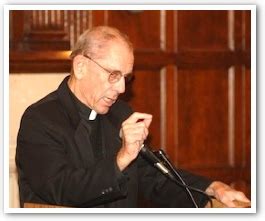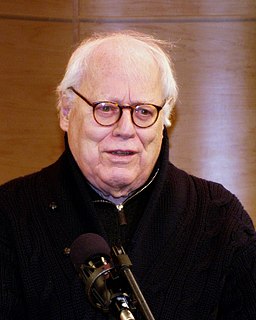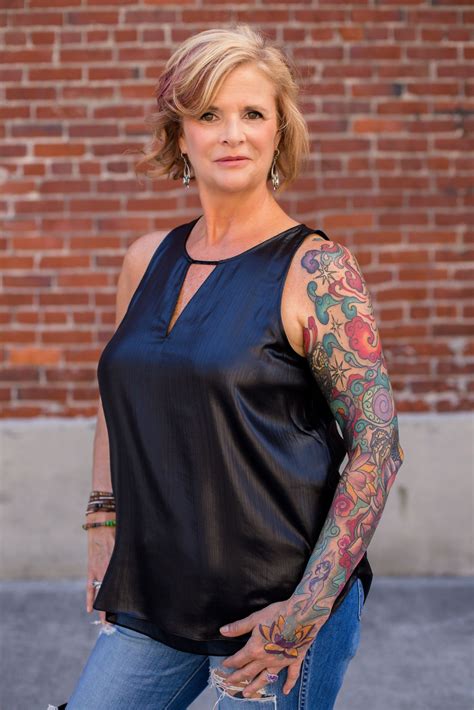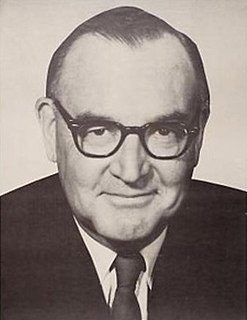A Quote by James V. Schall
I often think . . . that the bookstores that will save civilization are not online, nor on campuses, nor named Borders, Barnes & Noble, Dalton, or Crown. They are the used bookstores, in which, for a couple of hundred dollars, one can still find, with some diligence, the essential books of our culture, from the Bible and Shakespeare to Plato, Augustine, and Pascal.
Related Quotes
Read not to contradict and confute; nor to believe and take for granted; nor to find talk and discourse; but to weigh and consider. Some books are to be tasted, others to be swallowed, and some few to be chewed and digested: that is, some books are to be read only in parts, others to be read, but not curiously, and some few to be read wholly, and with diligence and attention.
I am a big fan of the electronic book. I hate to see the old bookstores close, but they have to reinvent themselves. I believe the First Edition bookstore will be the next thing. People will read electronically, then decide they want to own that book. The author will then be invited to the old bookstores to sign. I think books will always be with us, but they will fill a different need.
The young adult literature is relatively new - it just kind of exploded in the 2000s. When I grew up, there weren't bookstores with sections dedicated to teen lit, nor was my generation raised reading books written specifically for us. Because of that, today we still think of books for teens as children's books and so when you write a book that includes sensitive topics, it just seems even more controversial. What's troubling to me about that is these are issues adults know that teens deal with. Not writing about them makes them something we don't, or can't talk about.
M. Mabeuf’s political opinion was a passionate fondness for plants, and a still greater one for books. He had, like everybody else, his termination in ist, without which nobody could have lived in those times, but he was neither a royalist, nor a Bonapartist, nor a chartist, nor an Orleanist, nor an anarchist; he was an old-bookist.






































